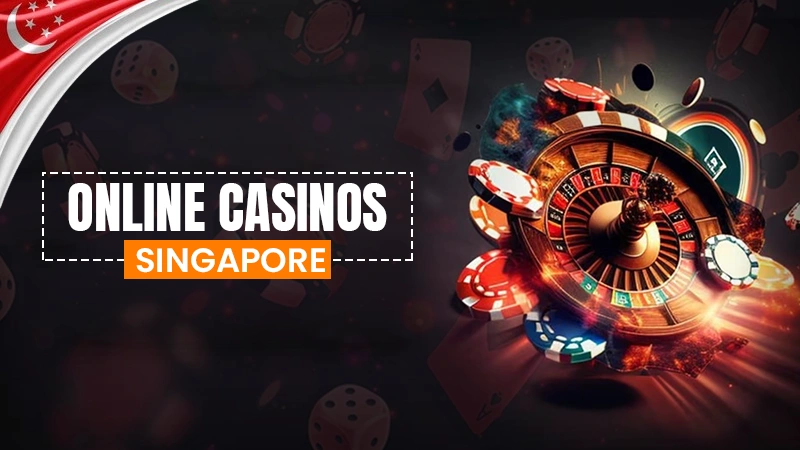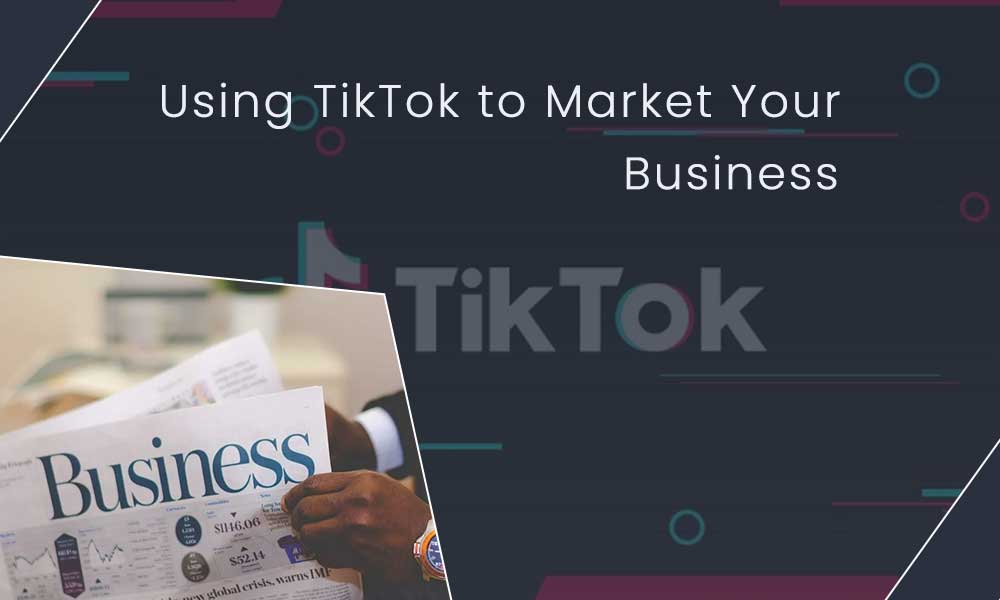How to Stay Safe When Using Social Networks?
Use social media responsibly – Facebook, Twitter, Instagram, YouTube, and a multitude of other social networks are already ingrained in people’s everyday lives. We check our mobile phones, computers, and tablets to see what our friends and family are up to on social media. However, we seldom consider the hazards that lurk inside them and how to prevent them.
Because of the large number of users of social media, these have become targets for criminals to assault their victims. How do they accomplish this?
Social Networks Pose a Risk
Virus: Malicious code, worms, and Trojans are used to gain access to a victim’s computer and steal sensitive data or passwords. They propagate via popular messages, primarily on Facebook, that leads to phony links, or via the Java programming language, which urges you to download and install dangerous files on your computer.
Phishing is a type of identity theft that involves the stealing of information. Although this fraudulent behavior is more widespread in email communications, criminals might construct Twitter accounts or Facebook pages of counterfeit financial companies to fool people into thinking it is the real thing and therefore ask them to update data or access the entity’s (fake) website to attack it.
Harassment: Having information, images, or videos exposed to everyone on social media might attract the attention of a stalker. If we do not establish privacy on social networks, anybody may view whatever we write, making us a nuisance and a risk to our own integrity.
Information theft: We disclose a lot of information on our social networks, such as where we live, who we are with, where we are, what we purchase, what we eat, and so on. Information theft on social media may not be as serious as password or credit card number abuse, but with this information, many thieves may access and harm those close to us. To avoid this, set up your social media accounts so that only your friends can view your postings.
Common Sense as a Social Media Safety Strategy
There is nothing better than using common sense and acting preventively to avoid hazards. If an assault catches you off guard, you will have an easier time fighting it off and stopping it. So here are some social media security recommendations:
Make Use of Secure Passwords
It is the most frequently repeated advice, yet it is true. Forget about names, birth dates, and anniversary dates. Create a unique password with at least eight characters by combining letters, numbers, and special characters. This is known as a strong password, and it is the one that will best protect you.
Keep your passwords safe in the browser. It serves little purpose to have a strong password if your computer stores it automatically. It’s quite convenient, but anyone who hacks your computer or steals it may access it and all of your information and contacts.
Sites That Do Not Begin with HTTPS should be Avoided
Using an SSL certificate offers benefits, and not using one has drawbacks. If you are on a website whose URL does not have a security certificate, the risk is raised.
Before Approving, Please Read
Indeed, Facebook, Instagram, or any other social network that you have installed on your mobile device has sought permission from an app affiliated with these networks before doing any sort of action on more than one occasion. Get rid of the poor habit of accepting without reading and improve your social network security.
Set Your Privacy Preferences
As said in the preceding point of these social media security recommendations, it is possible that you have not given much thought to your privacy. Do it! It simply takes five minutes to access the settings and determine how vulnerable your data is. Review and modify privacy settings according to your requirements or preferences. Above all, if you truly do not want anything to be known, do not post it since there is no impassable digital media.
Consider, Then Publish
Social media platforms provide anonymity while also exposing your personal and private life. Everything you publish will be saved on the Internet and may become public one day. In this digital age, it is nearly hard to claim privacy.
Take Caution with Your Position and GPS
Your behavior leaves traces on the network, and it’s not difficult to figure out where you’ve been or what you’ve done by reading some comments or looking at your photographs. Particularly if you utilize the localization settings. For example, are you certain that you will broadcast your location every minute? You may be alerting prospective robbers to the fact that you are not at home.
Take Caution with the Links
Every day, thousands of malicious links circulate on social media. Examine the URL and who supplied it to you before you click. It’s best not to open it if you have any suspicions.
Simple Logic
The least common of the senses, and the one that loses the most when we get captivated by social media’s immediacy and quickness. Most viruses or attacks require human intervention to be carried out, therefore tightening up your Internet security and making it difficult for network criminals to operate.
Conclusion
If you’ve made it this far, it’s because you’ve realized that social networks are fantastic tools for marketing your products and services, communicating with people worldwide, and even sharing information about yourself.
You must also be aware that if they are not properly handled, they might affect your reputation and that of your company. That is why you should exercise caution when using social media. Not all of the information you offer will be beneficial to you. Many of them can even be inconvenient.
You should monitor your social network accounts on a regular basis, reset passwords, and review any applications or plugins that have access to your account to ensure long-term security. The internet may be quite secure if you are aware of the hazards and take precautions to reduce them.














